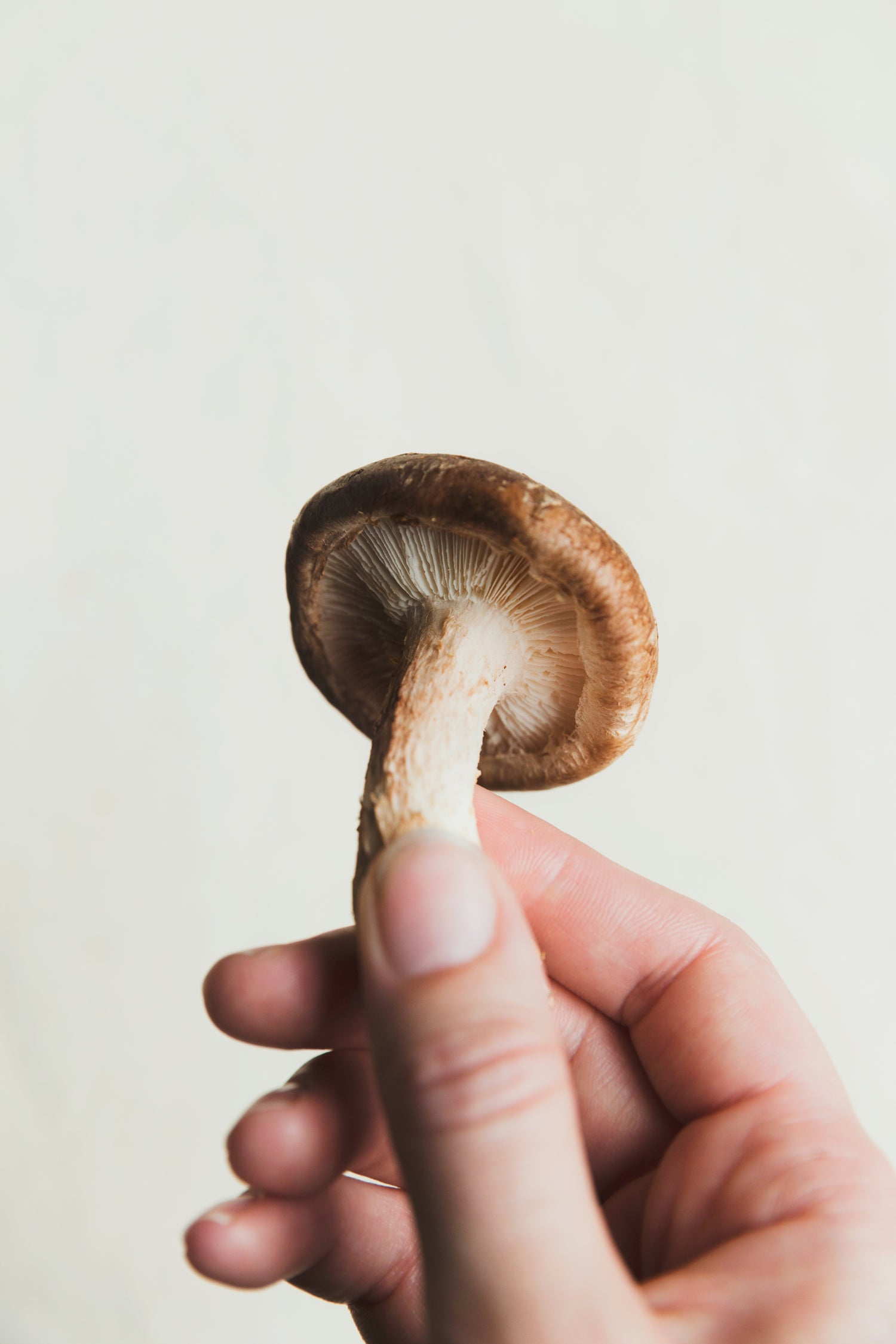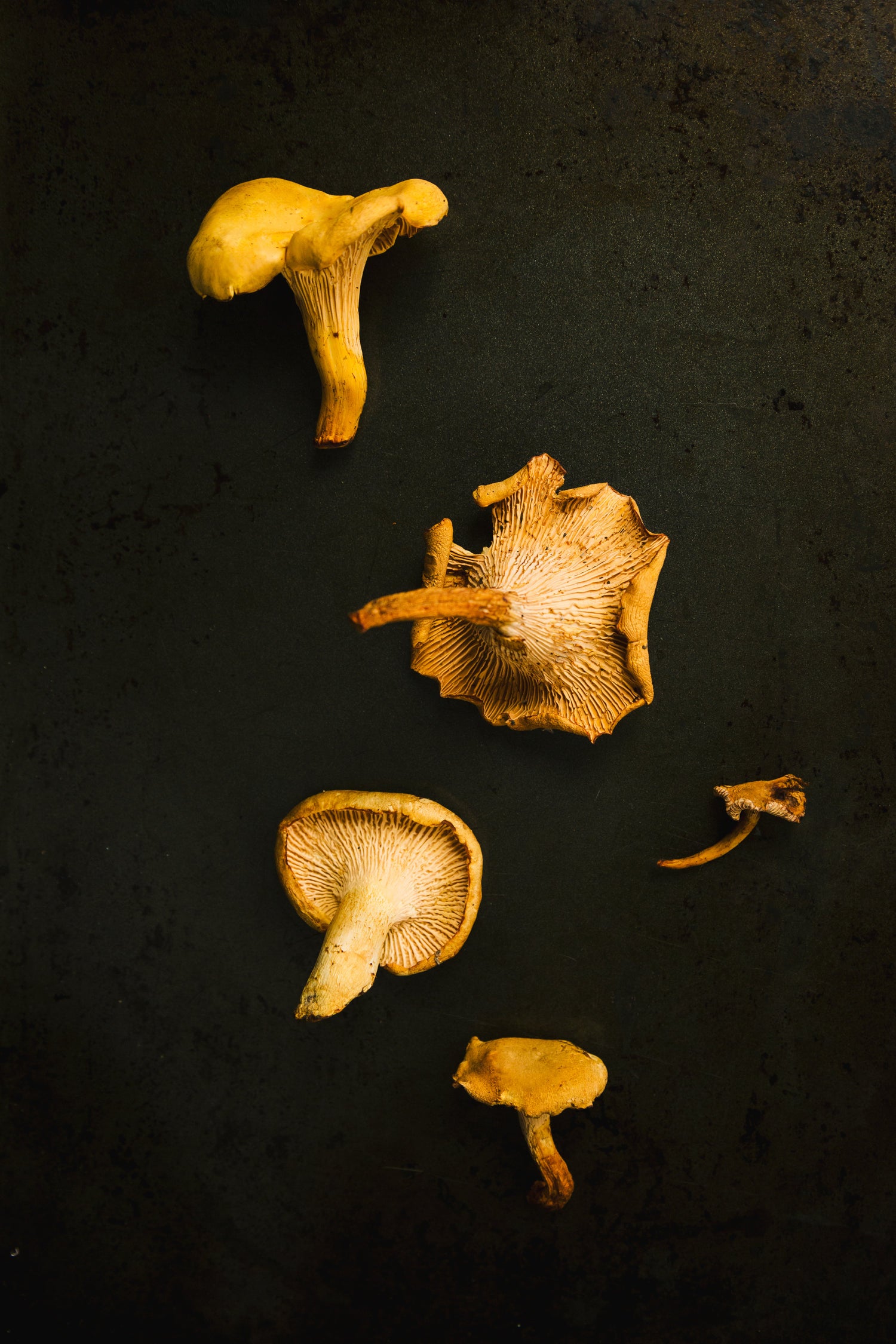Exploring Mushroom Therapy in Neuroprotection and Enhanced Cognition.

Exploring Mushroom Therapy: A Promising Path to Neuroprotection
In recent years, the potential therapeutic benefits of mushrooms, particularly certain species of medicinal mushrooms, have garnered significant attention in the field of neuroscience. Beyond their culinary appeal, mushrooms have long been revered in traditional medicine systems for their various health-promoting properties. Emerging research suggests that mushroom therapy holds promise as a novel approach to neuroprotection, offering potential benefits for brain health and cognitive function. This article delves into the fascinating realm of mushroom therapy and its implications for neuroprotection.
The Neuroprotective Power of Mushrooms
Antioxidant and Anti-inflammatory Effects: Mushrooms are rich in bioactive compounds such as polysaccharides, phenolic compounds, and terpenoids, which exhibit potent antioxidant and anti-inflammatory properties. These properties are crucial for protecting the delicate neuronal structures from oxidative stress and inflammation, both of which play significant roles in neurodegenerative disorders.
Neurotrophic Factors Stimulation: Some medicinal mushrooms have been found to enhance the production and activity of neurotrophic factors such as brain-derived neurotrophic factor (BDNF). These factors play a vital role in promoting neuronal survival, growth, and synaptic plasticity, which are essential for maintaining healthy brain function and preventing neurodegeneration.
Modulation of Neurotransmitters: Certain mushroom species contain compounds that interact with neurotransmitter systems, such as serotonin, dopamine, and glutamate. These interactions can help regulate neurotransmitter balance, potentially improving mood, cognition, and overall brain health.
Immunomodulatory Effects: The immune system plays a critical role in maintaining brain health. Mushrooms possess immunomodulatory properties, which can help regulate immune responses and reduce neuroinflammation, thereby safeguarding neural tissue from damage.
Key Mushroom Species in Neuroprotection
Lion's Mane (Hericium erinaceus): Known for its unique appearance and taste, Lion's Mane mushroom has gained recognition for its potential neuroprotective properties. Studies suggest that its bioactive compounds, including hericenones and erinacines, promote nerve growth factor (NGF) synthesis, which may enhance neuronal regeneration and protect against neurodegenerative conditions like Alzheimer's and Parkinson's diseases.
Reishi (Ganoderma lucidum): Reishi mushroom has been revered for centuries in traditional Chinese medicine for its potential to promote longevity and enhance overall well-being. Its bioactive compounds, such as triterpenes and polysaccharides, exhibit antioxidant, anti-inflammatory, and immune-modulating effects. These properties make Reishi a promising candidate for neuroprotection, as they may mitigate neuroinflammation and oxidative stress linked to neurodegenerative disorders.
Cordyceps (Cordyceps sinensis): Cordyceps is a unique mushroom that grows on caterpillar larvae in the wild. It has been used in traditional medicine systems to boost energy, vitality, and overall health. Cordyceps contains various bioactive compounds, including cordycepin and adenosine, which have shown neuroprotective effects by reducing oxidative stress, modulating neurotransmitters, and improving cerebral blood flow.
Future Perspectives
While mushroom therapy's potential for neuroprotection is an exciting field of research, further studies are needed to fully understand the mechanisms and clinical applications. Controlled clinical trials, in conjunction with in-depth molecular investigations, are crucial for establishing evidence-based guidelines and exploring the efficacy of mushroom-derived compounds as therapeutic agents for neurodegenerative conditions.
It is important to note that mushroom therapy should not be considered a standalone treatment but rather as a complementary approach alongside conventional therapies. Additionally, individual responses and potential side effects may vary, emphasizing the need for professional guidance when using these therapeutic modalities.



